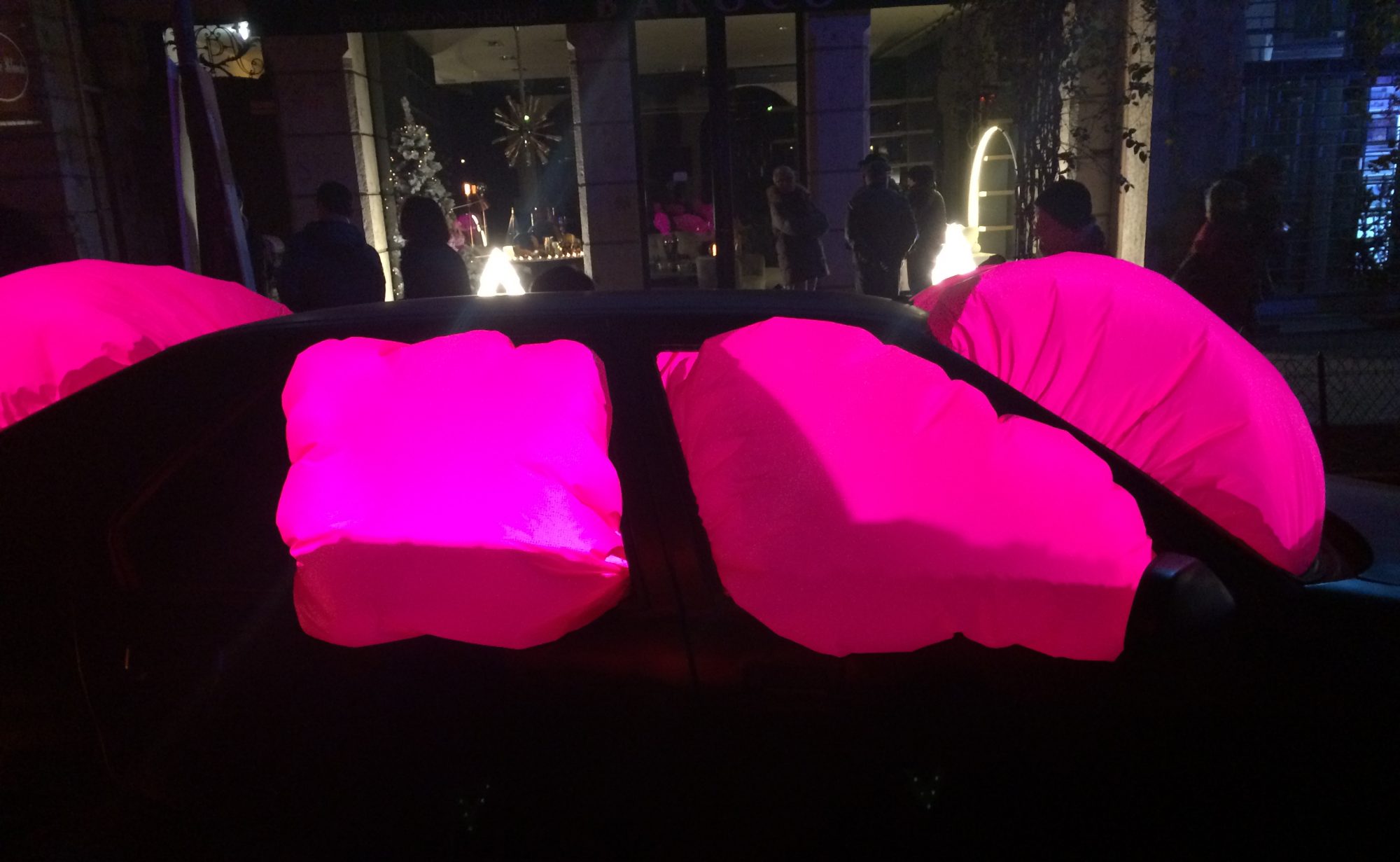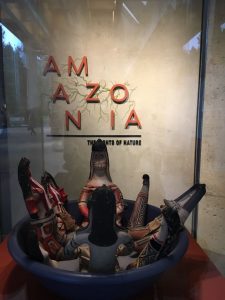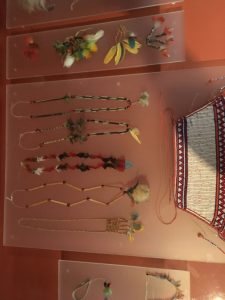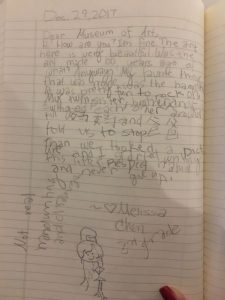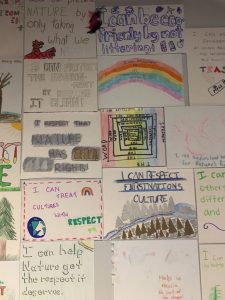Hello Readers,
This week, we watched American Sniper in class and talked about the movie. I was always looking these kinds of movies as a genre I would never watch because I really don’t enjoy American war movies because I think they are biased and doesn’t reflect the reality very well ( its my dad’s favorite so we can never find movies that we both enjoy ) However, this week showed me that if you watch a movie with a critical eye and make comments about it, despite its subject, its a really interesting journey. While I watching American Sniper, a lot of issues came up to my mind. Butler’s argument about griefing, the poem book ” The connection between everybody with lungs” by Sphar, the post 9/11 attitude of U.S and beyond. I started to watch the movie in this perspective and the movie becomes much more than just a biased war movie. In the movie, one scene affected me the most. The sniper from America was eating with an Iranian family but he notices the elbows of the men who are eating right in front of him. He understands that he is a sniper just like him and he freaks out and attacks him. In this scene, we see how two ” enemies” could eat a friendly meal and laugh and talk but in reality, they are shooting to each other and killing people from distance like its a video game. During the movie, we see how dehumanize Chris Kyle became. He kills a kid because he was carrying a grenade. Even though we could see that he wasn’t proud of what he has done but there was a dehumanization for sure.
This movie reminded me the term that soldiers mostly use. ” I can die for the soil of my country “. In the movie, this was exactly the mentality of the soldiers who went to Iraq. The trauma of 9/11 created a heater towards Muslims and a lot of Muslims who are innocent was tramped as terrorists. This mentality leads to Islamophobia and we can see the effects of it even today. Also in the movie, the killing that American soldiers do is being portrayed as a heroic act however killing cannot be associated with heroism just because of its legitimized. The killing that the army does is not different from the killing that the terrorists do and it cannot be cleaned just because it’s a military power. This shows the hypocrisy of American media and how it wants to portray certain things in the eyes of the viewer.
